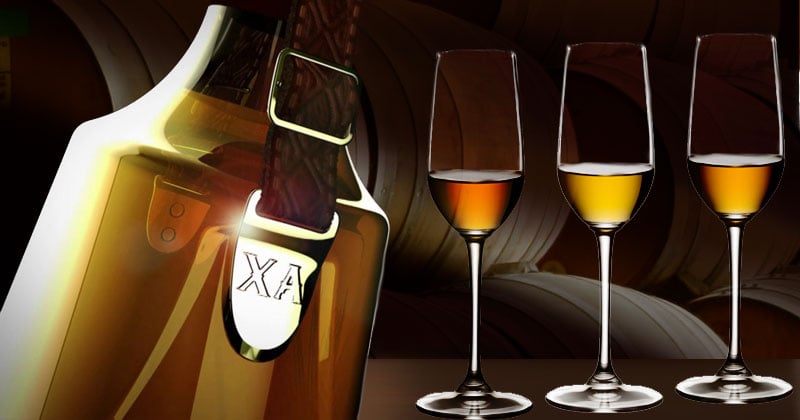
Speaking of tequila, there could be many things that we could write or read about. We could fill whole pages about this drink, and then the historians would come and discuss whether tequila was born in the municipality of Amatitán or in the one that bears its name, Tequila.
We would probably find articles on which tequila house claims to have produced the first tequila in history. Then, we'd hear the opinions of process experts and tequila lovers talking about the different processes and their advantages and disadvantages. I am neither of the above nor a little bit of all of them. And I do know what most consumers would like to know about drinking. And it is that 10 years of experience as a tour guide and then as an ambassador of our tequilas in Casa Sauza have given me the fortune of meeting lots of people with such different and varied interests in this regard.
If you want to have simple and practical information on choosing which tequila is suitable for mixing with other drinks and which one is best to drink alone, on knowing what to combine it with or on how to choose the best tequila, as well as to understand how to pair it with food, or even to know how tequila is classified and which one is the one that you might be looking for, join me along these three blogs in which I will address these questions. Do not forget to download my ebook with some tips and cocktail recipes that are 100% easy to prepare and some tequila details you can include in your next meeting with friends.
I hope you enjoy it!
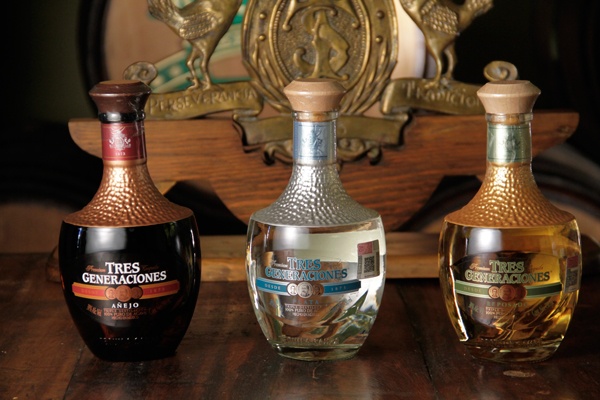
Difference between mezcal, pulque, and tequila
There is some confusion about the differences between mezcal, pulque, and tequila. Putting it in a straightforward way to remember, I would say that:
Mezcal can be made with around 140 different agave species, and its process is much more traditional, so in its flavor, we find mainly earthy and smoky notes. It is common to see a worm in some mezcal bottles, which has nothing to do with the notes of the drink.
Pulque, or aguamiel, is a fermented drink from a specific agave variety known as "maguey pulquero" (agave salmiana) or agave Atrovirens. This drink does not go through a distillation process like tequila or mezcal. From my point of view and my opinion about its taste, it is a potent flavored lechuguilla drink, not as smoked as mezcal.
Tequila is an alcoholic drink, a product of the fermentation and distillation of the carbohydrates in the agave tequilana Weber blue variety. Unlike the previous ones, this spirit can only be made from this specific species of agave that has a denomination of origin in 5 states of Mexico, so it is exclusively farmed and preserved at explicit places where the soil and climate conditions are needed for its elaboration.
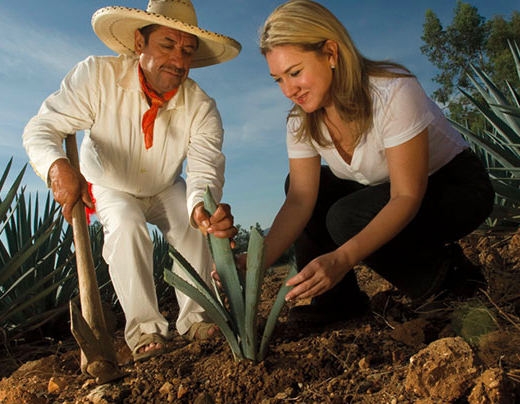
Categories and Kinds of Tequila
In my previous blog, I talked about the classification of tequila and its different kinds and categories, which I will elaborate on further here.
According to the sugars that they are produced with, there are two categories of tequila:
- 100% Agave Tequila. Which is made from agave sugars only
- Mixed Tequila (Tequila MIXTO), whose correct name is just Tequila. It is made with two or more different kinds of sugars. At least 51% of those sugars must come from the agave plant.
Kinds of Tequila
There are five different kinds of tequilas according to their aging or maturation process:
1. White Tequila
They are usually the ones that are considered the "most pure" tequilas since their contact with wooden barrels is minimal or even zero. After the distillation process, these tequilas are filtrated, and their alcohol levels and notes are slightly adjusted to meet the master's distiller standards.
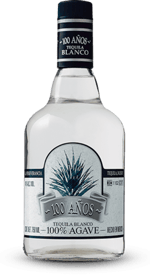
2. Young Tequilas
They are a product of mixing either white tequila with rested tequila or white tequila with vintage tequila.
3. Rested Tequila
Their aging or maturation process in pipes (large wooden containers) or white American oak barrels goes from at least 2 to 11 months.
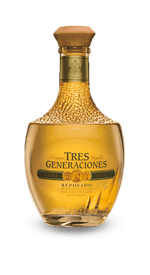
4. Vintage Tequila
Its aging process only takes place in wooden barrels; white American oak is the most common wood used for these barrels. Their aging process time goes from 12 to 35 months.
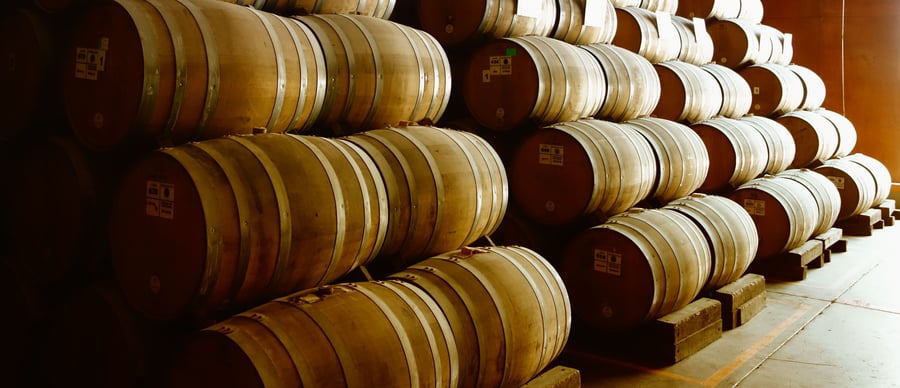
Since barrels are more petite than pipes (the liquid is more in contact with the wood than it is with pipes) and the maturation time of this tequila lasts longer than the rested tequila, their color turns into amber and may reflect some coppery shades.
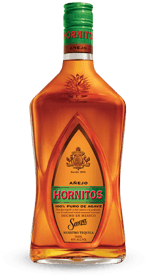
5. Ultra Aged Tequila
These tequilas are also aged in wooden barrels for an extended period. Their maturation process goes from at least 36 months to as long as the master distiller indicates for its better taste. It is common to think that the longer the tequila is aged, the better, but that is not always the case since what usually happens is that barrels become spicy over time (and so will the tequila).
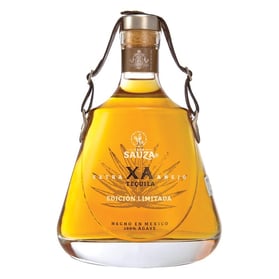
Now that you know the categories and kinds of tequilas, I suggest that you read my next blog, in which I will tell you about their sensory notes so you can more easily identify the one you might like best.
Come and visit Casa Sauza to learn how we produce the purest tequila in the market!
.png?width=50&height=50&name=10.CS-Redondo%20(1).png)
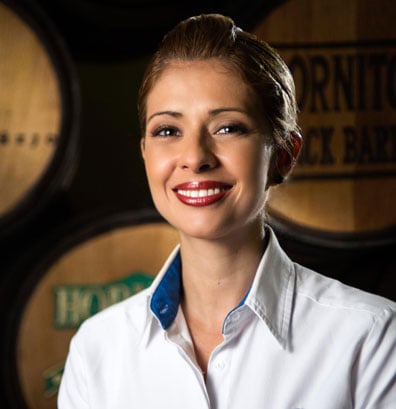 Karina Sánchez
Karina Sánchez